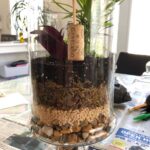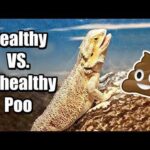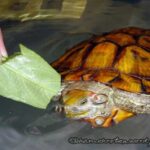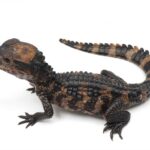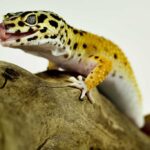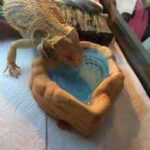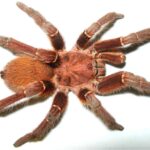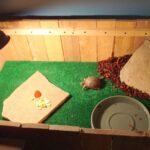Alternative Foods for Leopard Geckos – A Guide to Feeding
Fruits and vegetables can be a great addition to your gecko’s diet. While leopard geckos are primarily insectivores, they can benefit from the nutrients found in certain fruits and vegetables. Some safe options include mashed banana, mango, and papaya. Leafy greens such as collard greens and dandelion greens can also be offered as an occasional treat. Remember to chop the fruits and vegetables into small, bite-sized pieces to make it easier for your gecko to … Read More


